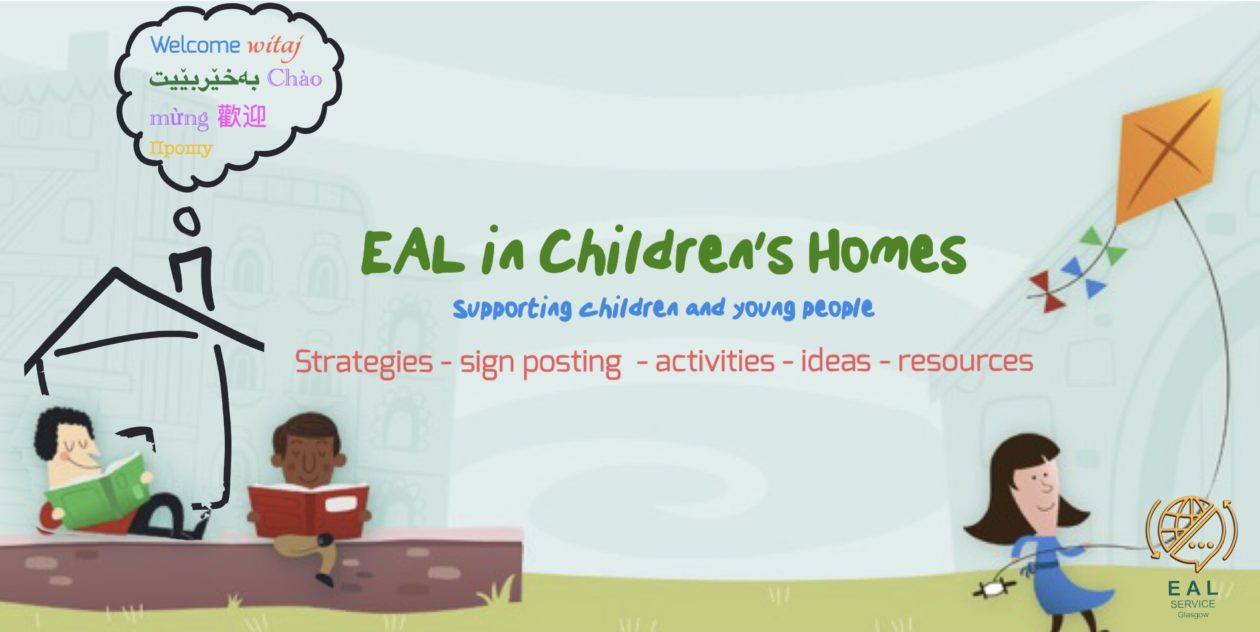 There are some words and phrases that are important for the everyday encounters that young people will have in their lives. We call these Survival Language. If you want to help young people to develop independence, learning Survival Language is a very good place to start.
There are some words and phrases that are important for the everyday encounters that young people will have in their lives. We call these Survival Language. If you want to help young people to develop independence, learning Survival Language is a very good place to start.
This short video was made for teachers to introduce the concept of Survival Language:
Here are two useful resources to help you to support Survival Language:
This gives lots of different categories of Survival Language. They are not in any order of importance and may have varying degrees of relevance.
Supporting New Arrivals in Glasgow Schools
This booklet gives you lots of ideas on how to develop language, including specific links for some of the categories in the checklist. The booklet has a lot of information about the theory of second language acquisition and ways of planning work. You can skip this if you like and come back to it if you want some more in depth knowledge.
Here is one way to use these resources:
- Discuss the Survival Language checklist with the young person and choose an area to concentrate on. Talk to them about which ones they think they know, which they are not so sure about, which ones they think are most important to them at the the moment or which is most interesting.
- Look at the Supporting New Arrivals in Glasgow Schools booklet and find the section with ideas and links for the area you have chosen. You will find list of vocabulary, suggested ways of using them and links to websites with games and other activities.
- Now use the ideas with the young person.
- Make a point of using the vocabulary in your discussions with them.
- Try some of the activities with them
- Show them how to access the websites and how to use them so they can do this independently
- Print some of the resources so young people can practice writing the words as well as speaking them
- Try to make it fun!

